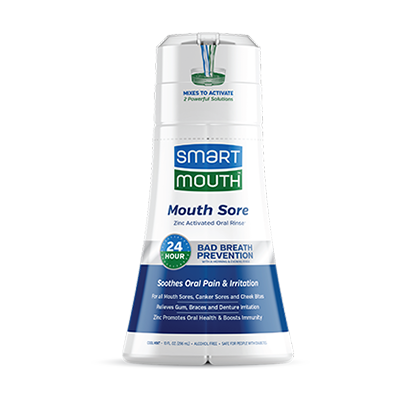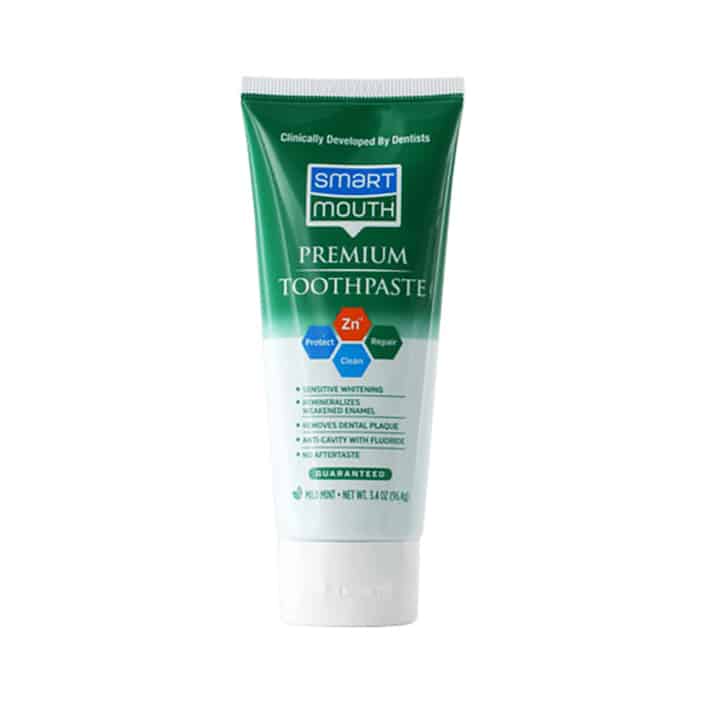What To Know About Fighting Sulfur Breath (Halitosis)
Halitosis: It sounds like a scary word, but what is it really? Dictionary.com defines halitosis as “a condition of having offensive-smelling breath.” In other words, halitosis is bad breath.
The bad news? Everyone has halitosis, or bad breath, from time to time, and some studies indicate as many as 50 percent of Americans suffer from chronic halitosis, or constant bad breath.
The good news? Once you understand the real cause of halitosis, it’s possible to get help.
What Causes Sulfur Breath or Halitosis?
Many factors can contribute to halitosis, including:
- Poor oral hygiene
- Eating smelly foods like garlic and onions
- Dry mouth
- Gastroesophageal reflux disease (GERD) or other digestive problems
While these situations can contribute to bad breath, the real cause of halitosis is sulfur gas. Naturally occurring bacteria or germs live inside our mouths. When these germs consume protein, they release volatile sulfur compounds (VSCs). We perceive the unpleasant odor of these VSCs as bad breath.
How to Get Rid of It
Now that you know what causes sulfur breath, you can take several steps to prevent and get rid of it.
- Brush and floss regularly
- Visit a dentist twice yearly
- Stay hydrated
- Avoid spicy food
Another way to help alleviate halitosis is to neutralize and block VSCs in your mouth. Typical mouthwashes can produce fresh breath for a short time, but the sulfur gas will return soon, and along with it, your bad breath.
The best way to neutralize sulfur gas is to use a zinc-ion-based mouth rinse. However, to promote the alleviation of halitosis, you must move beyond simply neutralizing sulfur gas to blocking it from returning. For that, you’ll need activated zinc-ions, which block the germs’ ability to ingest protein particles.
When to Visit Your Doctor
Your sulfur breath may be connected to digestive issues. If you’re experiencing stomach problems or if the condition is getting worse, contact your doctor. Depending on your symptoms, your diet, and your family history, your doctor may suggest various treatments.
Conclusion
A variety of issues can cause sulfur breath, including stomach and digestion problems, poor oral hygiene, and dry mouth. If you’re concerned that your symptoms may be due to digestion, contact your doctor and follow their recommendations. To help manage bad breath, drink more water, practice good oral hygiene, avoid spicy foods, and consider a mouthwash with activated zinc ions.
Sign up today for coupons, offers and updates!
At SmartMouth, we love saving you from bad breath, but we also love saving you money.






